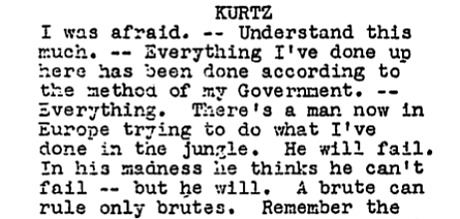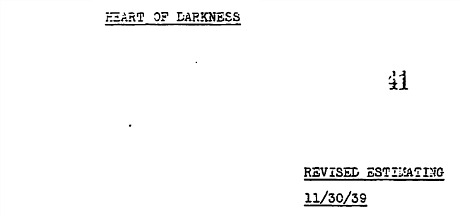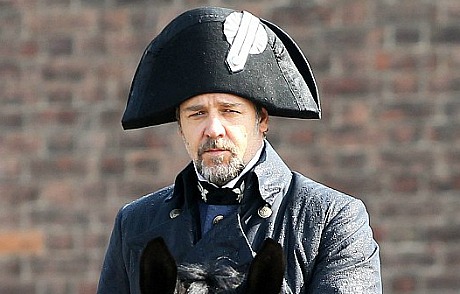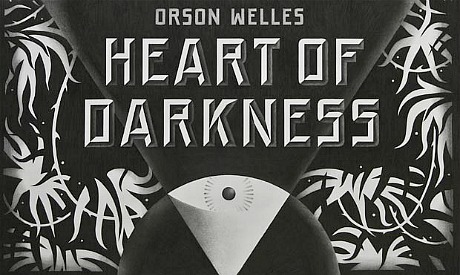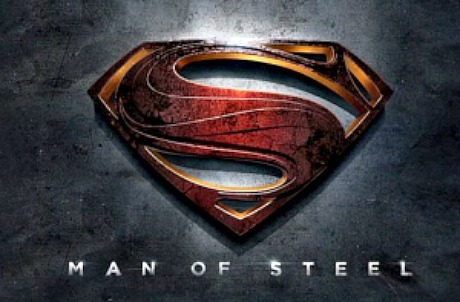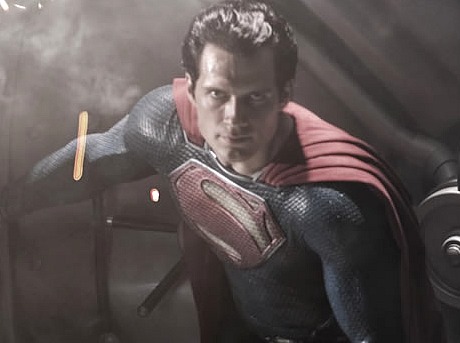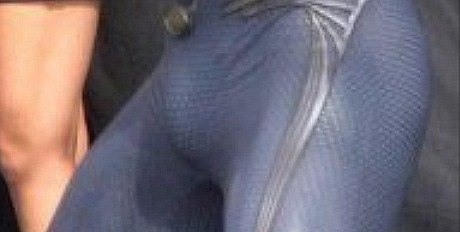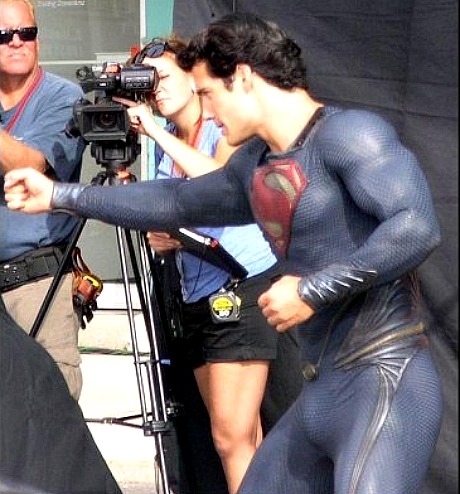That streaming performance of Orson Welles‘ 1939 screenplay of Hearts of Darkness that happened a few hours ago led to me to a PDF of the screenplay itself. Welles’ idea was that the audience would absorb everything through the POV of Marlow, the story’s traveller/narrator — the same idea that Robert Montgomery used in The Lady in the Lake. Here‘s a rundown of what happened. I’ve posted a few pages from the script:
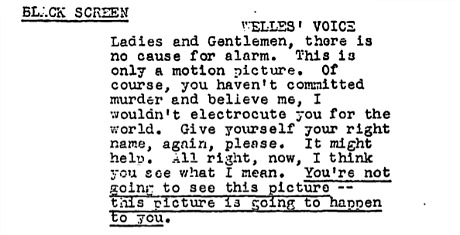
“They buried something in the river…and then they nearly buried me…I nearly died of fever myself…I nearly said my own last words there on the river, and I found that probably I’d have nothing to say! But Kurtz had something to say. He’d summed up, he’d judged…’the horror!’ True, he died and I lived. Maybe that’s the whole difference. Maybe all the wisdom and all truth are just compressed into that moment of time in which we step over the threshold of the invisible. I saw him again months later, at the foot of the river. I saw those eyes…that wide immense stare condemning, loathing the whole universe…piercing enough to penetrate all the hearts that beat in the darkness.” — Marlow’s final dialogue in Welles’ Heart of Darkness.
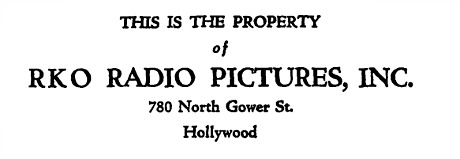
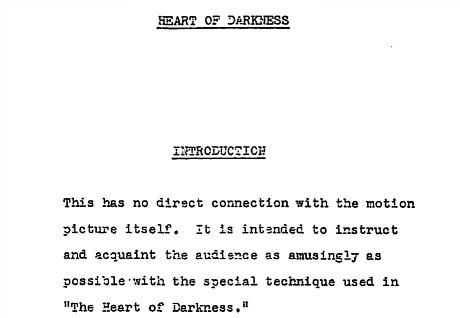
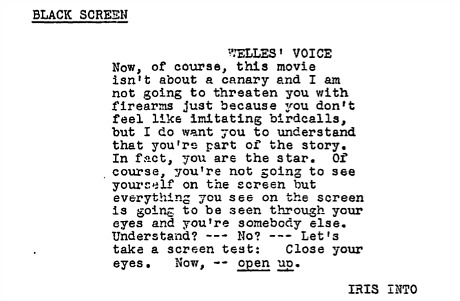
Welles has Kurtz allude to Adolf Hitler in this passage:
